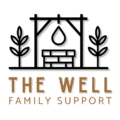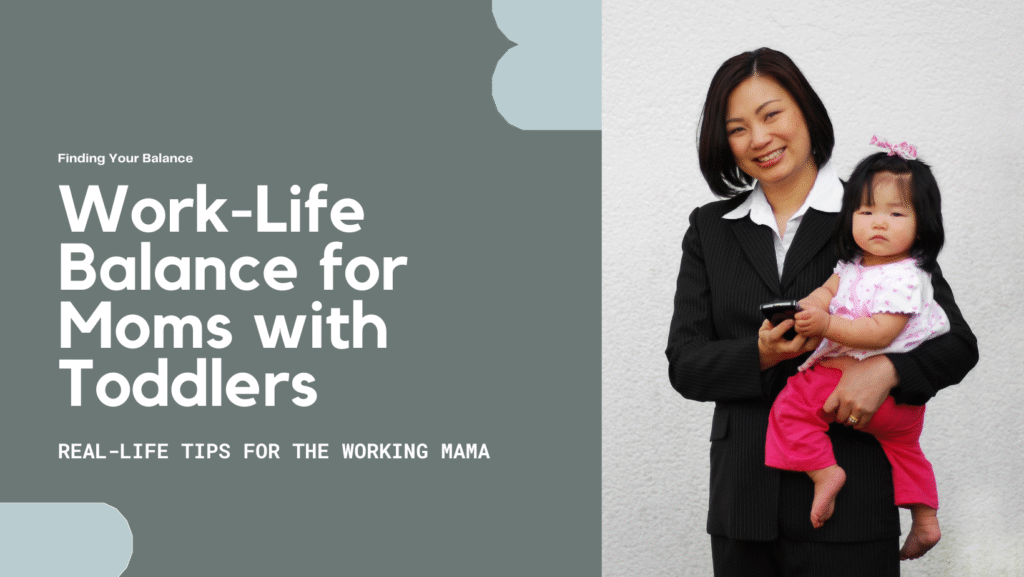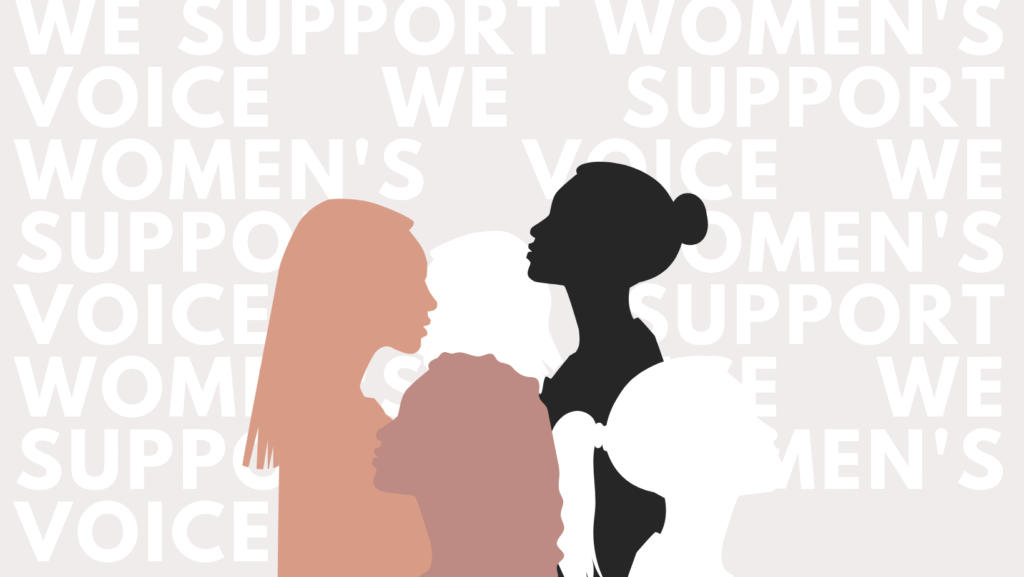What Is Addiction?
Addiction is a chronic and complex condition that affects the brain, behavior, and overall well-being of both individuals and families.
Whether related to substances such as alcohol, opioids, or stimulants—or behaviors like gambling or compulsive internet use—addiction is not a moral failing. It is a medical and psychological condition with biological, social, and spiritual dimensions (National Institute on Drug Abuse [NIDA], 2023).
At The Well: Family Support, we approach addiction with compassion, education, and whole-person care—helping individuals and families find healing through evidence-based strategies and supportive community.
Defining Addiction
The term addiction (or substance use disorder, SUD) refers to compulsive substance use despite negative consequences.
It often involves changes in brain regions related to reward, motivation, and impulse control (Volkow et al., 2016). Addiction affects people of all ages, backgrounds, and experiences—and frequently co-occurs with other conditions such as depression, anxiety, or trauma-related disorders.
The DSM-5-TR defines substance use disorders on a spectrum from mild to severe, based on factors such as tolerance, withdrawal, cravings, and interference with daily life (American Psychiatric Association, 2022).
Risk Factors and Root Causes
Addiction rarely has a single cause. Instead, it arises from a combination of biological, psychological, and environmental influences:
- Genetic predisposition: Family history of addiction increases vulnerability.
- Early exposure: Adolescents who use substances are more likely to develop long-term challenges.
- Adverse childhood experiences (ACEs): Trauma, neglect, and household dysfunction strongly predict later substance use (Felitti et al., 1998).
- Co-occurring mental health conditions: Anxiety, depression, PTSD, and bipolar disorder often overlap with addiction.
- Environmental stressors: Poverty, housing instability, and limited social support can compound risk.
Understanding these root causes allows providers and families to move beyond judgment—toward trauma-informed, empathetic care.
Treatment Options and Support
Recovery from addiction is a journey of healing, not just abstinence. The most effective treatments are personalized and multidimensional, addressing physical, emotional, and relational needs.
1. Detoxification and Medical Stabilization
For individuals with physical dependence, detox under medical supervision can help manage withdrawal safely.
2. Counseling and Behavioral Therapies
Evidence-based interventions such as Cognitive Behavioral Therapy (CBT), Motivational Interviewing (MI), and Trauma-Focused Therapy help clients build coping skills and address underlying issues.
3. Medication-Assisted Treatment (MAT)
Medications such as buprenorphine, methadone, and naltrexone can effectively reduce cravings and prevent relapse for opioid and alcohol use disorders (SAMHSA, 2023).
4. Peer and Family Support
Support groups, mentorship, and family involvement strengthen recovery by fostering accountability, belonging, and hope.
5. Faith and Spirituality
For many, reconnecting with faith, purpose, or spiritual meaning plays a key role in sustained recovery. Programs like 12-Step fellowships integrate spirituality into healing practices.
At The Well, we honor recovery as a whole-person process—one that restores not only health, but also relationships, purpose, and self-worth.
The Role of Community in Recovery
Recovery thrives in connection. No one heals in isolation. Communities that offer structure, acceptance, and opportunity help individuals rebuild their lives.
Key supports include:
- Stable housing and employment resources
- Access to ongoing mental health care
- Family and peer recovery networks
- Faith or community-based organizations
- Nonjudgmental spaces that celebrate progress
At The Well: Family Support, we work to connect individuals and families with tools and local resources that foster resilience and belonging.
Moving Toward Hope and Healing
Addiction recovery is not a one-time event—it’s a lifelong process of growth, courage, and restoration.
At The Well, we walk alongside individuals and families at every stage of that journey, offering therapy, education, and encouragement. Healing is possible—and no one should walk this path alone.
If you or someone you love is struggling with addiction, reach out to a licensed professional or support organization. You are not alone, and recovery is within reach.
References
American Psychiatric Association. (2022). Diagnostic and statistical manual of mental disorders (5th ed., text rev.; DSM-5-TR). https://www.psychiatry.org/psychiatrists/practice/dsm
Felitti, V. J., Anda, R. F., Nordenberg, D., Williamson, D. F., Spitz, A. M., Edwards, V., Koss, M. P., & Marks, J. S. (1998). Relationship of childhood abuse and household dysfunction to many of the leading causes of death in adults: The Adverse Childhood Experiences (ACE) Study. American Journal of Preventive Medicine, 14(4), 245–258. https://doi.org/10.1016/S0749-3797(98)00017-8
National Institute on Drug Abuse. (2023). Drugs, brains, and behavior: The science of addiction. https://nida.nih.gov/publications/drugs-brains-behavior-science-addiction
Substance Abuse and Mental Health Services Administration. (2023). Medication-assisted treatment (MAT). https://www.samhsa.gov/medication-assisted-treatment
Volkow, N. D., Koob, G. F., & McLellan, A. T. (2016). Neurobiologic advances from the brain disease model of addiction. New England Journal of Medicine, 374(4), 363–371. https://doi.org/10.1056/NEJMra1511480




